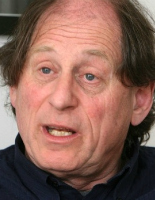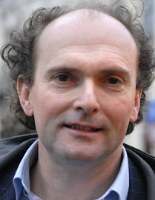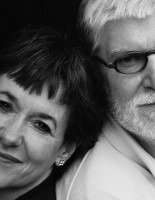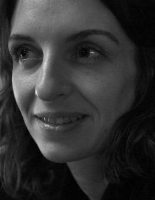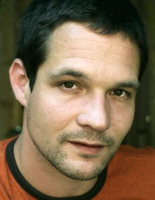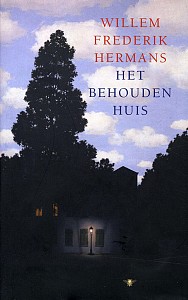
Willem Frederik Hermans - The House of Refuge
The House of Refuge is a novella of great literary value. Like the work of Jean-Paul Sartre, it shows the effects of war on individuals. Hermans plumbs the madness of war in a subtle yet gripping way, describing how people are thrown back on their own resources in wartime.
How do people survive a war with their moral standing intact? How do they avoid going insane? These are existential questions, ultimately impossible to answer, but The House of Refuge makes them urgent and vivid. How can we relate to other people? Are they allies, enemies, or traitors? How do people position themselves, what kinds of choices are available, in a state of total war? In his evocative, sensual style, Hermans describes war as an attack on the senses, portraying its consciousness-raising and consciousness-dampening powers to magisterial effect. The book is richly expressive in language and imagery, but the mood is oppressive. The reader feels compelled to respond to the book’s existential questions: how would he or she behave amid the madness of a world war?
The novel is set during the Second World War and the narrator belongs to a group of partisans fighting the Germans. In essence, however, the story is universal.
Willem Frederik Hermans (1921-1995) is among the greatest of post-war Dutch authors. In his novels Acacia’s Tears (1949) and The Darkroom of Damocles (1958) he places his characters in worlds where they experience a sense of certainty while the reader equivocates. Whether surreal, like Malice And Misunderstanding and Paranoia, or more realistic and satirical like The Darkroom of Damocles and Sleep No More, everything in his rich oeuvre is subjected to the author’s pessimistic philosophy.
Quotes
‘Hermans is a prominent European author who has continued the tradition of E.T.A. Hoffman, Kleist, Kafka, Céline and Sartre in his own unique way.’ - Neue Zürcher Zeitung
